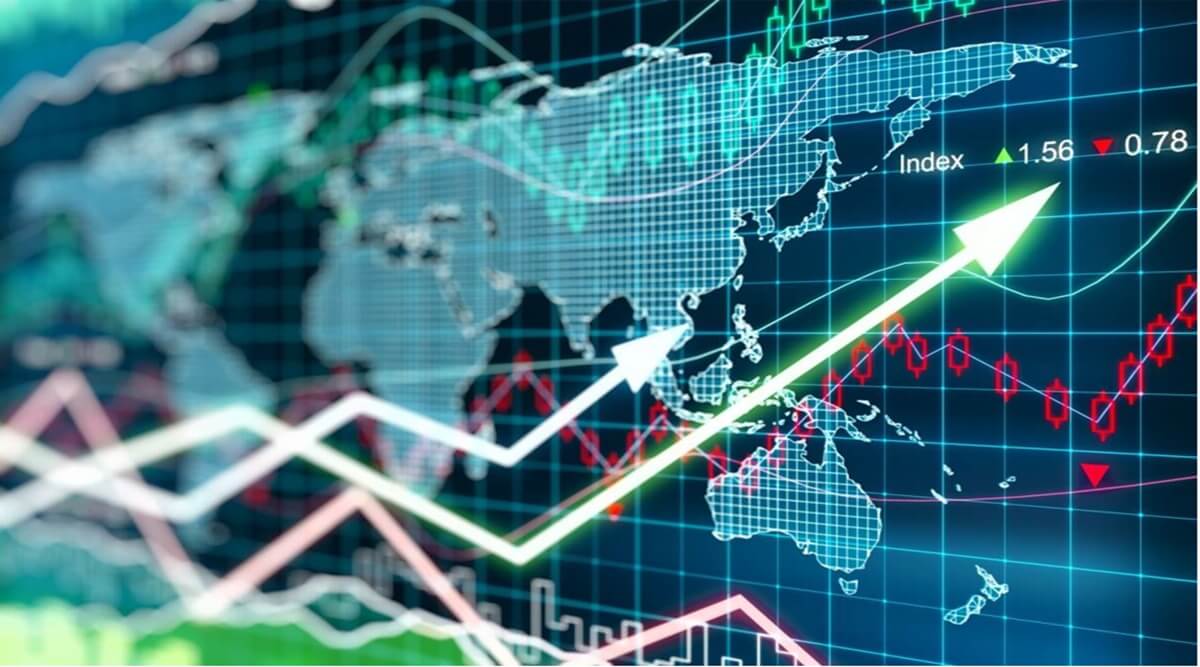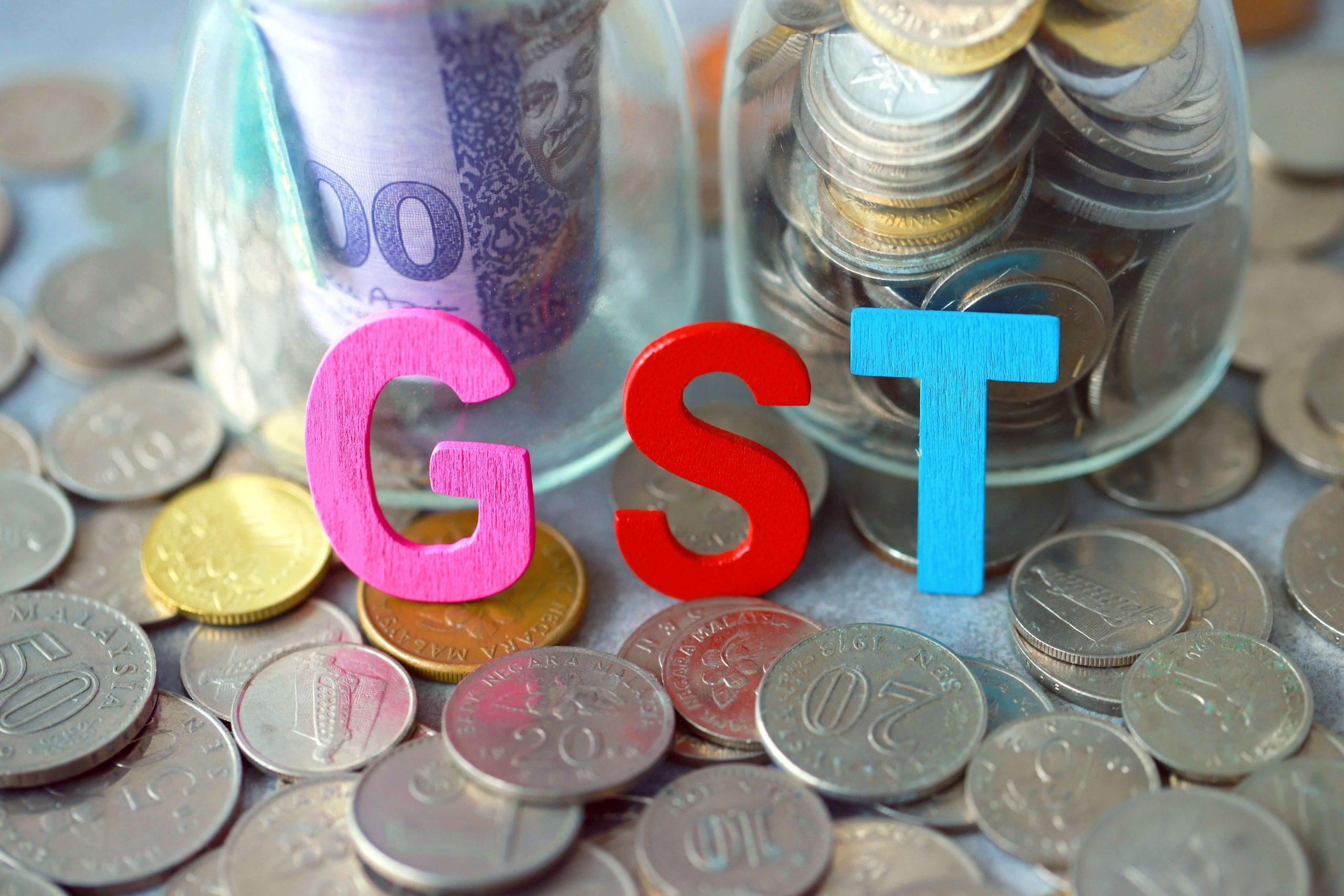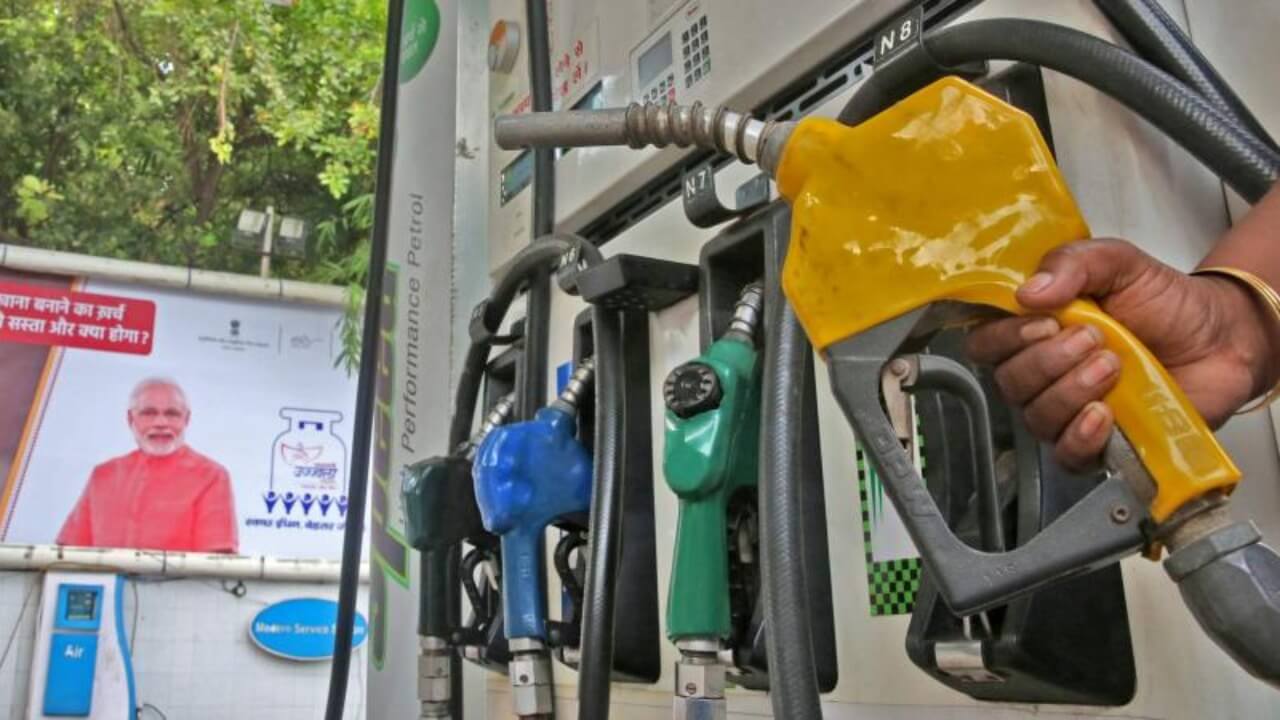The top concern on economists’ minds is whether or not we are in a recession as a result of volatile stock markets, exorbitant interest rates, and the pain of inflation. Probably not yet, but economic weakness is beginning to show.
What is a recession?
Recessions occur when the economy stops expanding and begins to contract. Some claim that occurs when a country’s gross domestic product, or the value of the goods and services produced there, declines for two straight quarters, or half a year.
A recession in the United States is defined as “a significant decline in economic activity” that is pervasive and lasts for several months by the National Bureau of Economic Research. This typically entails declining incomes, employment, industrial output, and retail sales in addition to a declining GDP.
When economic growth resumes, a recession is over.
Why do some people think a recession is coming?
The short and simple answer is: the Federal Reserve

The central bank is trying to slow the economy down, in order to curb inflation, which is now rising at its fastest pace since 1981.
According to S&P Global’s chief US economist, Beth Ann Bavino, “the Fed is saying we’ve got to move now and frontload a lot of rate hikes before the situation spirals even further out of control.”
“Households prepare for a recession by saving. If people are depressed, worried about their finances or their purchasing power, they start to shut their pocketbooks. The drawback is that if everyone saves, the economy won’t expand.
Can recession be prevented?
Not really, politicians and government can do little to fully ward off recessions.
Even if policymakers were able to create a perfectly well oiled economy, they would have to exert influence over the way that people think about the economy, too.













